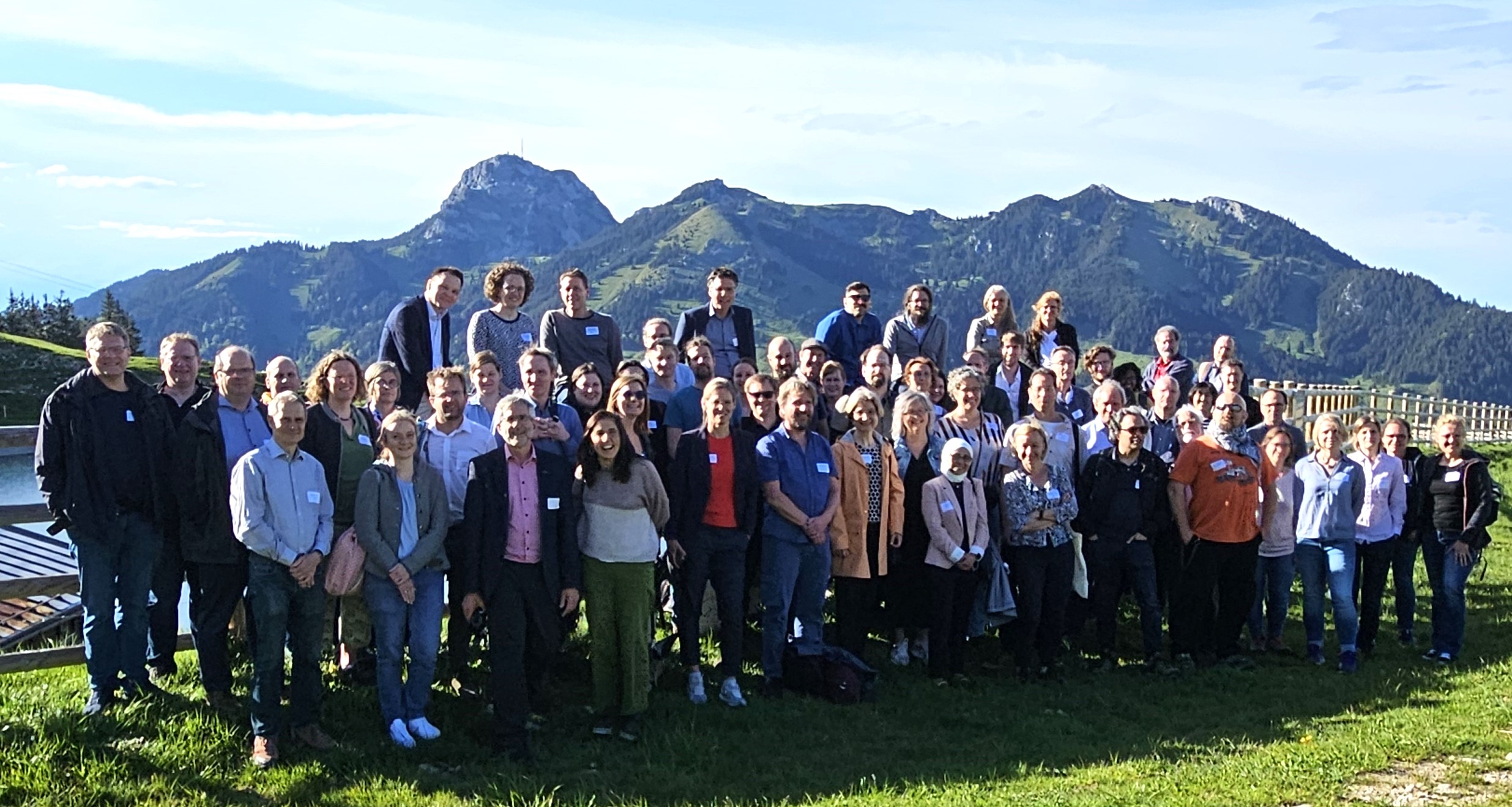Proceedings and videos of keynotes The conference proceedings and recorded keynote videos from the 12th…

During the course of last year, universities had to move online their teaching because of the restrictions posed by the Corona pandemic. In an effort to not lose any educational quality, we moved online all the educational forms that previously were taking place in real-life: lectures, tutorials, even exams. From all these forms, it appeared that lecturing was by far the easiest to transpose online. A teacher speaking to a classroom of students was easily replicated by a teacher speaking to a webcam and microphone while students watched live or the recorded performance. However, before transitioning to the online all the classical educational delivery, we needed to ask a fundamental question: what is the educational purpose of lecturing? Following this, will it be achieved online?
What are the main requirements for engineering ethics lectures in real life?
Lectures are situations of one speaking to the many, similar to sermons, conferences, political speeches and theatre monologues. The difference from these other situations is that, in the lecture, the teacher is supposedly an expert in the topic presented while the students are new to the topic and actively trying to learn about it. This situation of epistemic inequality embedded in the format of the lecture is unique to it, and we can see this by contrasting lecturing with tutorials or seminars where the students take the center stage while they solve problems and discuss the issues at hand with the teacher as a coach or mediator on the margin. For this reason, many educational theorists saw lecturing as fundamentally a situation of knowledge transmission: from the lips of the teacher, to the ears of the students, the words uttered are the vehicles of knowledge. However, recent work in educational philosophy has shown that this conception is too simplistic. As Norm Friesen has argued in his work (2011), the lecture has been reconfigured through centuries to fit various educational purposes. Knowledge transmission was explicitly the purpose of lecturing only during the Middle Ages. Current lecturing entails much more than knowledge transmission: it is about inspiring students to think about and think with, and to show students how thinking in a certain discipline is done step by step. At its best, lecturing is inspirational and opens up new worlds for the students – both epistemic understanding as well as being emotionally touched by the lecture, electrified by the thinking made present in the teacher’s words.
Assuming that a successful lecture manages to make thinking palpable to the attendants of a lecture, then there are certain conditions to be met. The students need to be present and attentive, to be in the room, as to sustain with their attention and note-taking the speech of the lecturer. In a lecture, students are not passive receivers, rather they co-create the lecture: they signal their disagreement through embodied gestures, manners of note-taking, gaze, and questions. In the lecture, inspiration goes both ways: students are inspired by the teacher’s words and the teacher is inspired by the student’s attentive listening and questions.
What to expect from ONLINE engineering ethics lectures?
Can the online lecture replicate these conditions of being present from the classical lecture? As many of us have seen during the pandemic times, lecturing online has introduced new gestures when videoconferencing: Students often chose to close off their webcams, effectively becoming invisible to the lecturer. Students asked questions in the chat instead of voicing them. Many students would search online for information while the lecturer was speaking, in an attempt to find out more about what was spoken. A tendency – both for lecturer and students – was to excessively look at oneself in the webcam while becoming oblivious to other participants. All these are gestures of distancing, of self-effacing and becoming invisible to the lecturer who often has the feeling of speaking to oneself in the mirror. For the lecturer, online teaching has become a quite alienating experience that makes the flight of thought harder to experience. A questionA the question arises naturally: should we continue with the online lecturing or replace these with online tutorials and short video clips of content?
While presenting these observations at the SEFI special interest group in ethics, I found out about the experiences of other teachers. While similar alienation was observed, there were definitely some advantages that were mentioned by workshop participants such as:
- increasing lecture’s accessibility to students – by making the sound clearer, adding subtitles, etc.
- recorded lectures allow students to re-watch video recordings and catch what they missed
- increased attempts to make things clearer by lecturer by employing multimedia support and providing all additional materials on time on the learning platforms.
These benefits enhanced the knowledge transmission function of lecturing however this is not the only function. The shock of online teaching and online lecturing has made us more sensitive to the limitations of the online environment and to its potential. Once we get back to the physical classrooms, we should strive to make real lectures as accessible as the online lectures were during the pandemic.”
